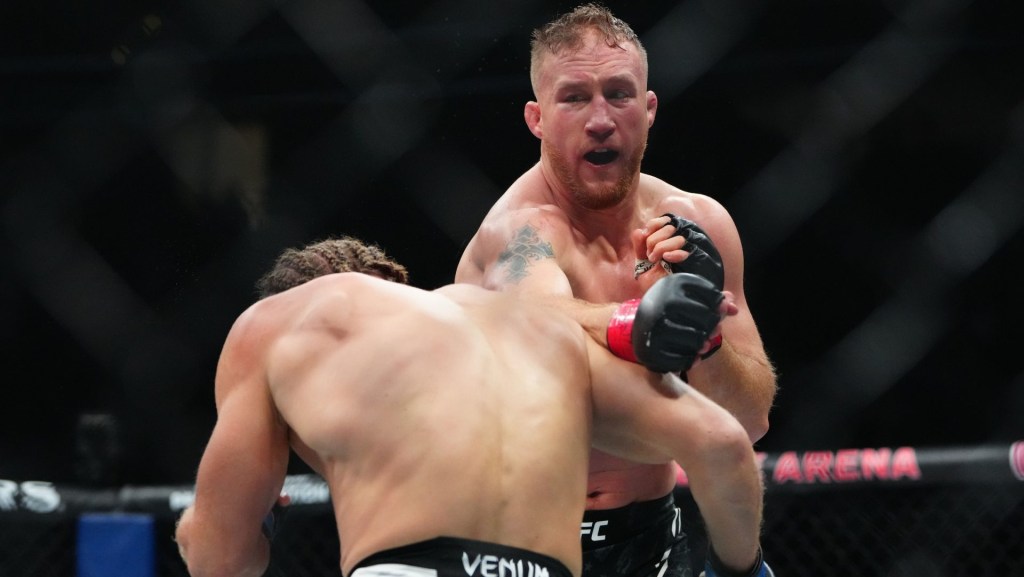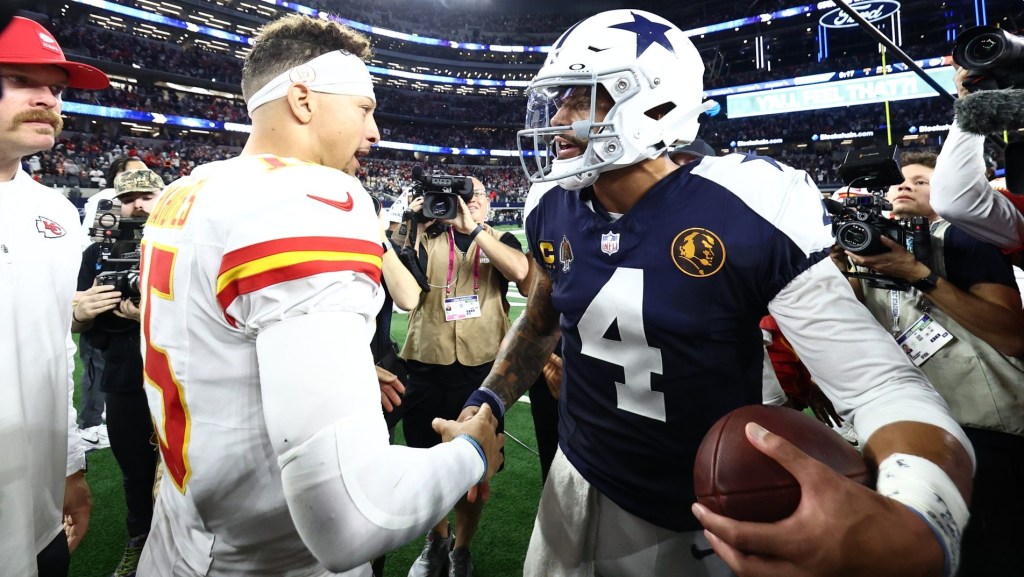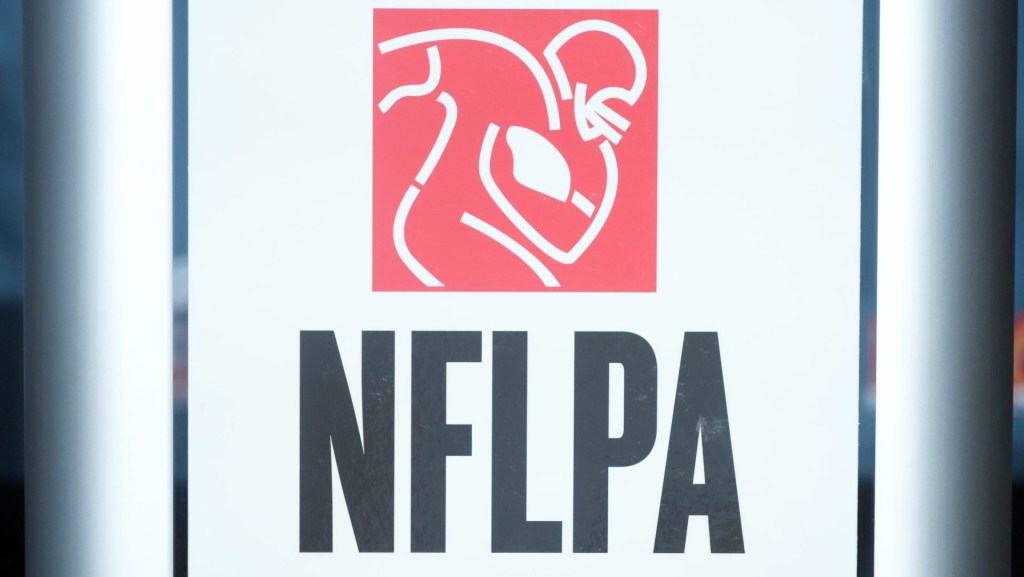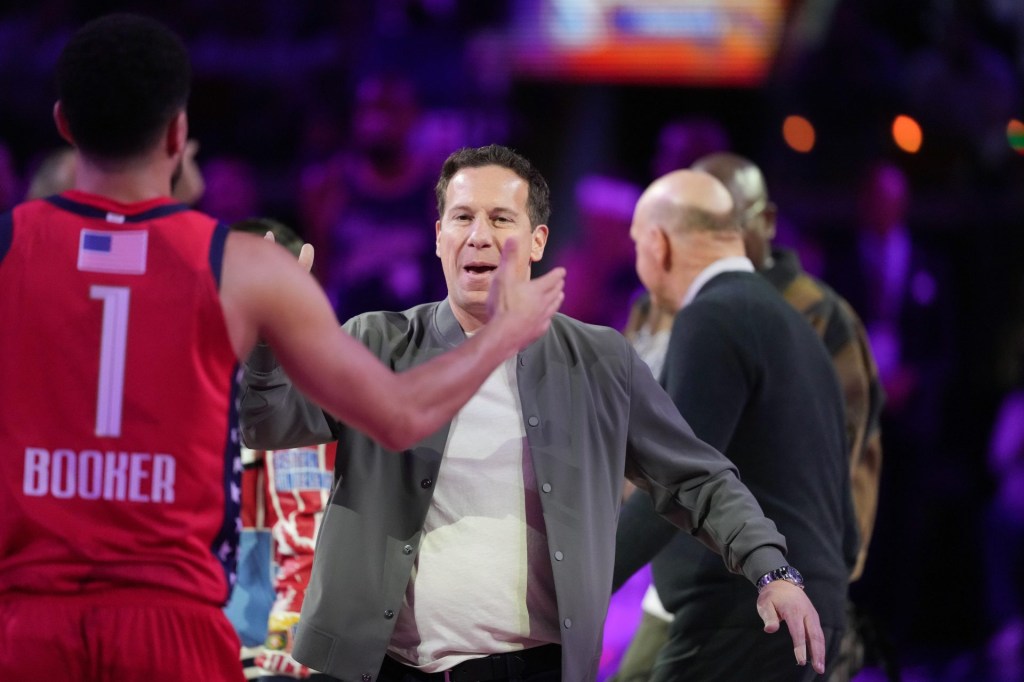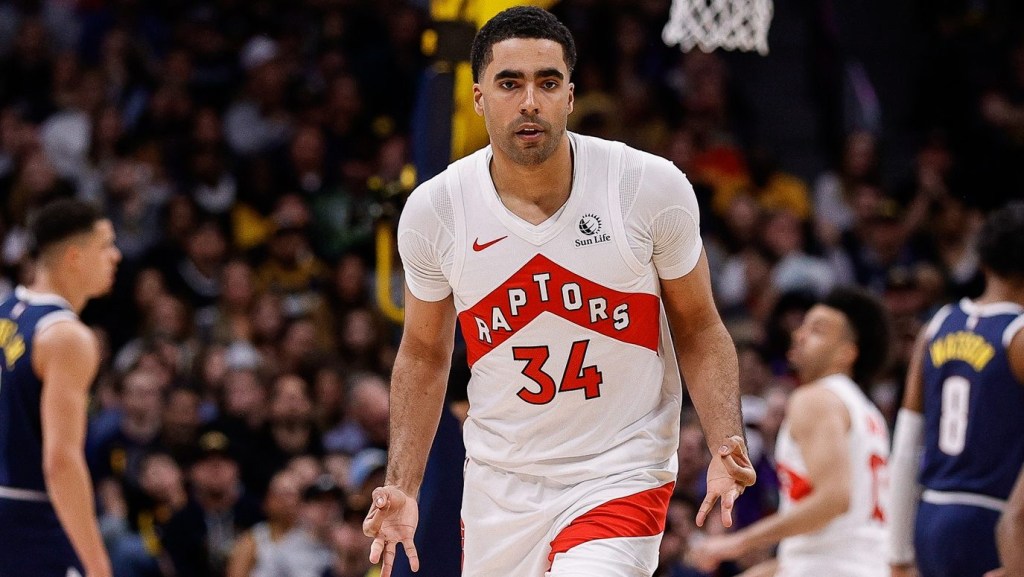There is now a defined endpoint for the Rob Manfred era in baseball, as the MLB commissioner confirmed Thursday he intends to retire in January 2029 with the end of his contract extension signed last summer.
It’s already been a highly impactful and often-tumultuous nine-year run for Manfred, with his tenure to date including transformative rules changes such as the pitch clock, a big attendance resurgence following many years of decline, a 99-day lockout of players before the 2022 season, a historic overhaul of the affiliated minor leagues, and the Astros’ cheating scandal from ’17.
But the next 59 months are likely to be even more dramatic as Manfred puts his final stamp on the game, concluding a three-decade-plus association with the league that began with his work as outside labor counsel before joining MLB full time in 1998. Among the key issues still in front of Manfred:
- A’s and Rays: The two teams’ long-running stadium issues—one of the thorniest problems Manfred inherited when he formally began his term in early 2015—have both made significant progress in recent months. But hurdles remain. The Rays are still finalizing specific terms of a planned $1.3 billion ballpark, while the A’s have ongoing battles in both Oakland and Las Vegas.
- Expansion: For years a hot topic, the prospect of expanding to 32 teams has been delayed by the Oakland and Tampa facility situations. But Manfred now hopes to have a process “in place” to add teams before he departs.
- Local media: Given the volume of games involved, MLB is more exposed than any other league to the ongoing Diamond Sports Group bankruptcy. The league has actively worked to ensure that no game broadcasts are lost to fans, standing up production and distribution for the Padres, Diamondbacks, and now the Rockies, while DSG has struck some short-term rights deals during its attempted reorganization. But the bigger challenge of how to replace winnowing regional sports network revenues in the age of accelerating cord-cutting remains a particularly difficult one.
- National media: MLB’s current rights deals with Fox, ESPN, and Warner Bros. Discovery, collectively worth about $12 billion, all expire at the end of the 2028 season. Those same three companies are also now part of a dramatic new sports-oriented streaming service. As other top leagues in recent years have achieved big increases for their national rights, Manfred will be under pressure for similar results.
- Labor and economics: After a bruising round of labor talks in 2021–22 with the MLB Players Association that included a 99-day lockout, the current collective bargaining agreement expires after the ’26 season. Core economic issues will again rise to the forefront, particularly as the $245 million difference between the largest and smallest team payrolls in ’24 is 63% higher than the comparable $150 million spread just five years ago.
- MASN/Nationals/Orioles: The Orioles are now being sold to private equity billionaire David Rubenstein, while a potential sale of the Nationals has languished for about two years, in part because of the complexity and ongoing dispute surrounding the Mid-Atlantic Sports Network the two teams share. Following a recent agreement on the 2017–21 rights term, Manfred recently suggested the Orioles sale could prompt a bigger resolution to the MASN impasse, saying “change always produces an opportunity.”
- Youth: Like any other league commissioner, Manfred faces the existential challenge of making the next generation of fans as avid in their fandom as the ones before. There was some progress on that front in 2023, as the median age of MLB ticket buyers dropped by six years compared to ’19.
- Succession: The process by which Manfred was elected commissioner in August 2014 was a messy one, requiring several owner votes to produce sufficient support. More broadly, none of Manfred’s recent commissioner predecessors have had a clean exit, with delayed retirement, owner-led ousters, sudden death, and collusion to suppress player salaries all marring the ends of their terms to varying degrees.
Manfred will be 70 at the end of the contract term, and he appears to be relishing the chance of a more normal retirement, saying, “You can only have so much fun in one lifetime.”
Owners ultimately will make the call on the next commissioner, but it bears watching whether current deputy commissioners Dan Halem and Noah Garden, chief operations and strategy officer Chris Marinak, or other potential candidates begin to rise further in stature.
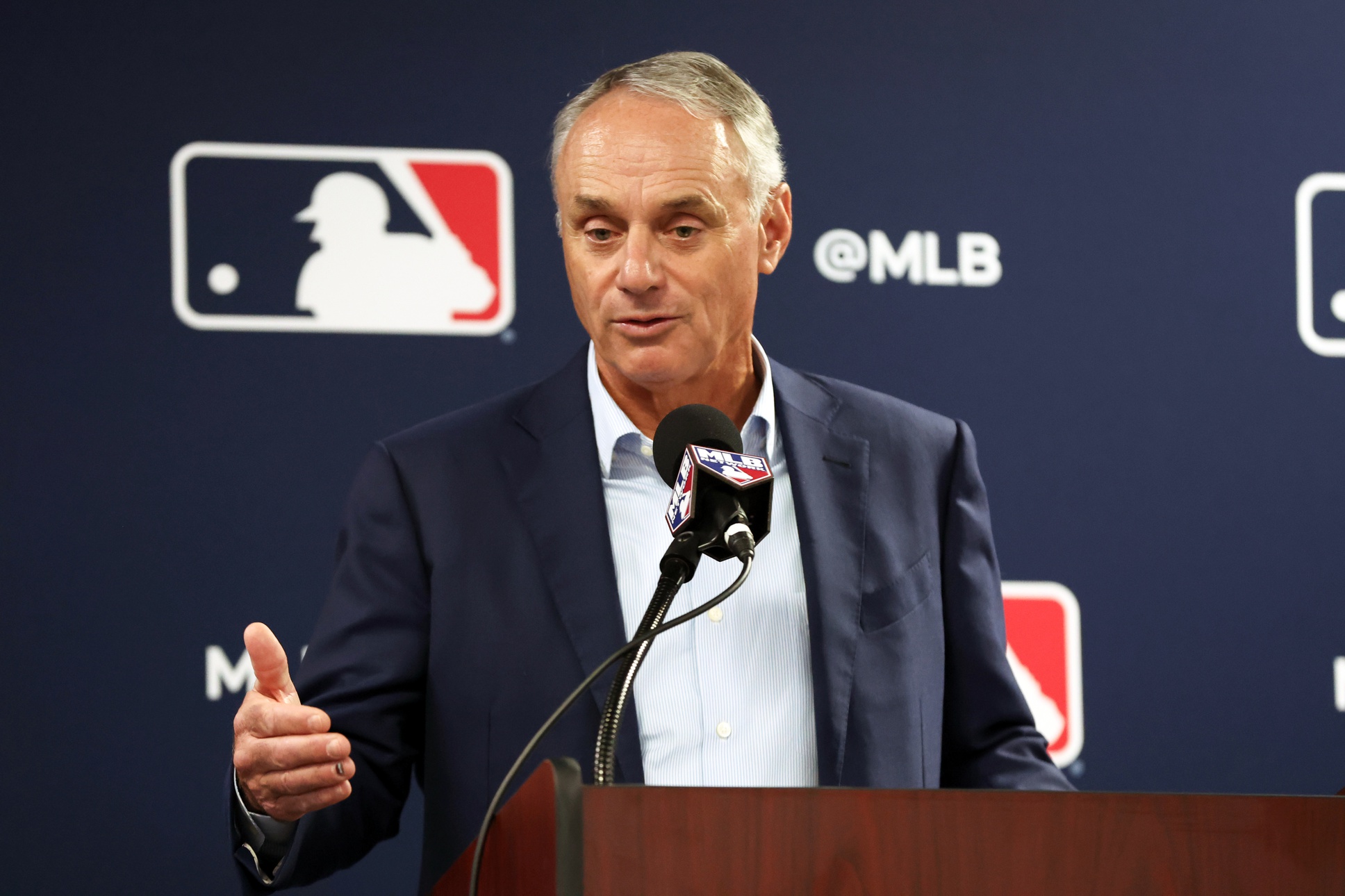
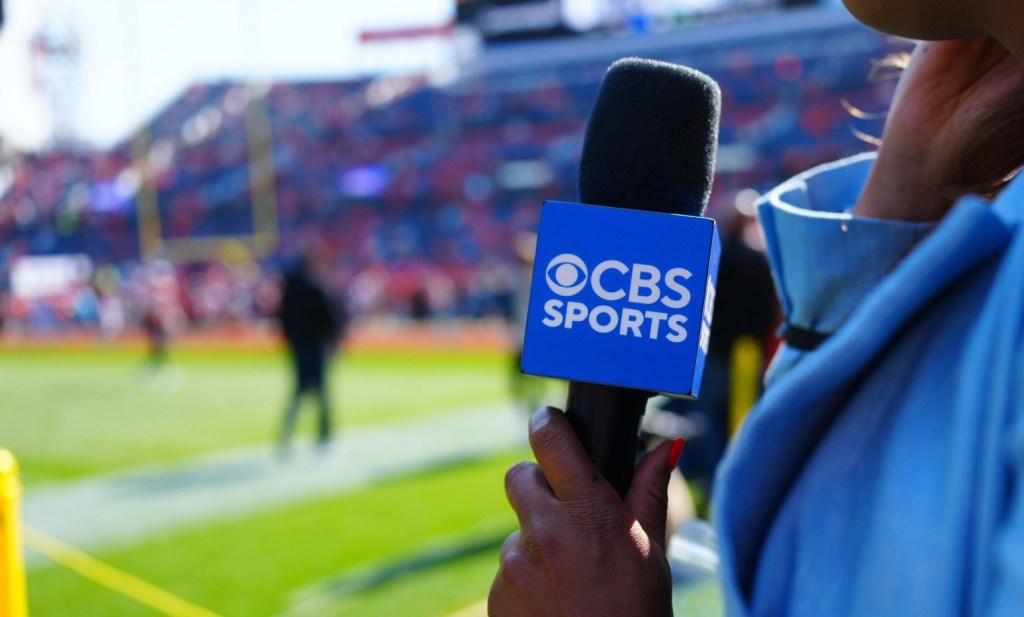

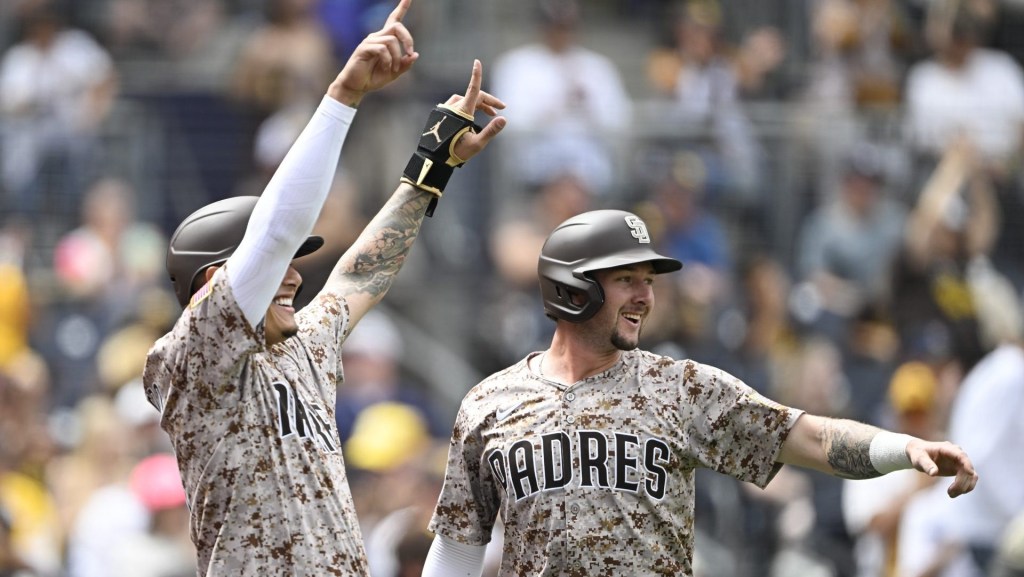
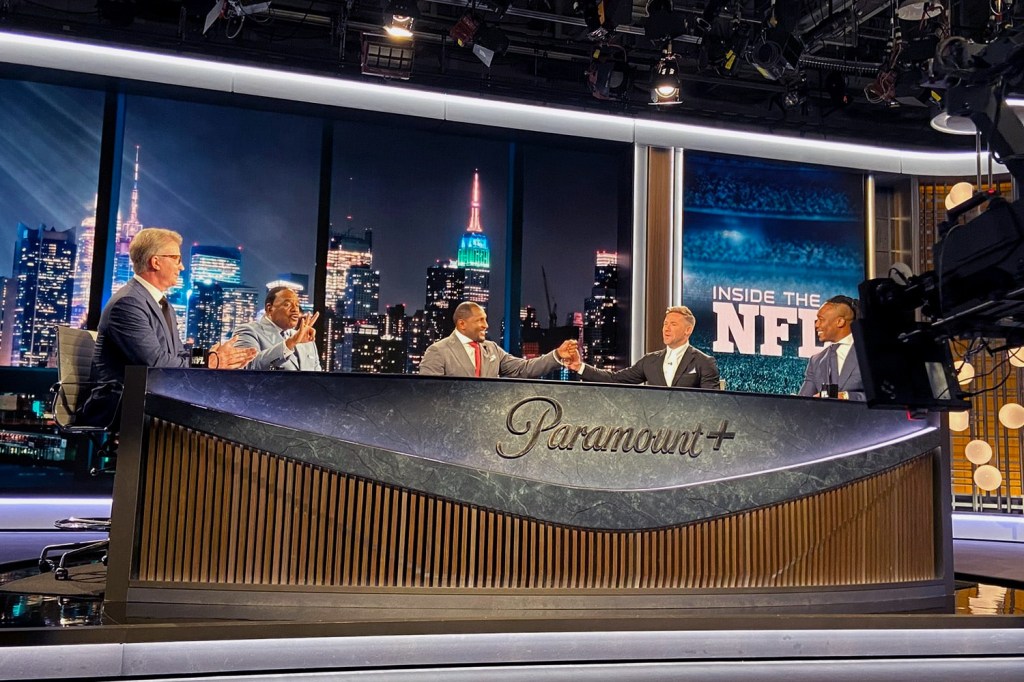

![[Subscription Customers Only] Jun 15, 2025; Seattle, Washington, USA; Botafogo owner John Textor inside the stadium before the match during a group stage match of the 2025 FIFA Club World Cup at Lumen Field.](https://frontofficesports.com/wp-content/uploads/2026/02/USATSI_26465842_168416386_lowres-scaled.jpg?quality=100&w=1024)
![[Subscription Customers Only] Jul 13, 2025; East Rutherford, New Jersey, USA; Chelsea FC midfielder Cole Palmer (10) celebrates winning the final of the 2025 FIFA Club World Cup at MetLife Stadium](https://frontofficesports.com/wp-content/uploads/2026/02/USATSI_26636703-scaled-e1770932227605.jpg?quality=100&w=1024)


